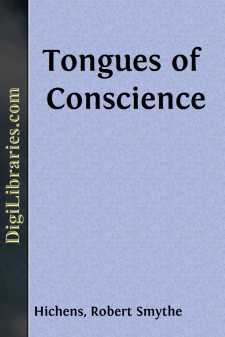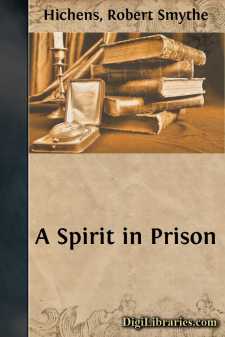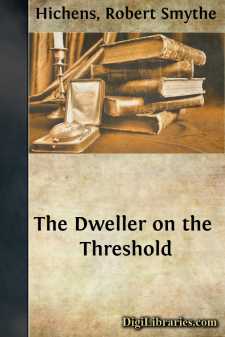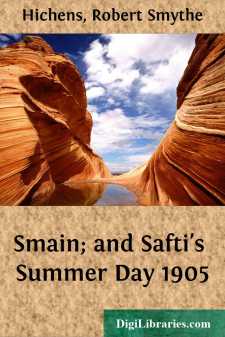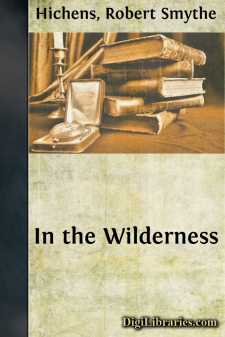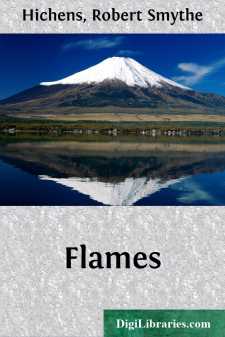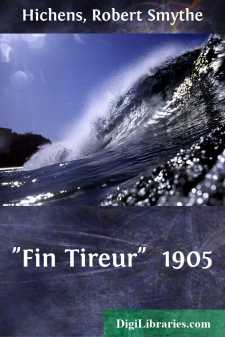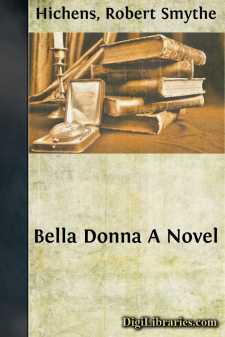Categories
- Antiques & Collectibles 13
- Architecture 36
- Art 48
- Bibles 22
- Biography & Autobiography 813
- Body, Mind & Spirit 142
- Business & Economics 28
- Children's Books 15
- Children's Fiction 12
- Computers 4
- Cooking 94
- Crafts & Hobbies 4
- Drama 346
- Education 46
- Family & Relationships 57
- Fiction 11829
- Games 19
- Gardening 17
- Health & Fitness 34
- History 1377
- House & Home 1
- Humor 147
- Juvenile Fiction 1873
- Juvenile Nonfiction 202
- Language Arts & Disciplines 88
- Law 16
- Literary Collections 686
- Literary Criticism 179
- Mathematics 13
- Medical 41
- Music 40
- Nature 179
- Non-Classifiable 1768
- Performing Arts 7
- Periodicals 1453
- Philosophy 64
- Photography 2
- Poetry 896
- Political Science 203
- Psychology 42
- Reference 154
- Religion 513
- Science 126
- Self-Help 84
- Social Science 81
- Sports & Recreation 34
- Study Aids 3
- Technology & Engineering 59
- Transportation 23
- Travel 463
- True Crime 29
Tongues of Conscience
Categories:
Description:
Excerpt
PART I.
THE RAINBOW.
In London nightfall is a delirium of bustle, in the country the coming of a dream. The town scatters a dust of city men over its long and lighted streets, powders its crying thoroughfares with gaily dressed creatures who are hidden, like bats, during the hours of day, opens a thousand defiant yellow eyes that have been sealed in sleep, throws off its wrapper and shows its elaborate toilet. The country grows demure and brown, most modest in the shadows. Labourers go home along the damp and silent lanes with heavy weariness. The parish clergyman flits like a blackbird through the twinkling village. Dogs bark from solitary farms. A beautiful and soft depression fills all the air like incense or like evening bells. But whether night reveals or hides the activities of men it changes them most curiously. The difference between man in day, man in night, is acute.
The arrival of darkness always meant something to the Rev. Peter Uniacke, whose cure of souls now held him far from the swarming alleys and the docks in which his early work had been done. He seldom failed to give this visitor, so strange and soft-footed, some slight greeting. Sometimes his welcome was a sigh, sometimes a prayer, sometimes a clenching of the hands, a smile, a pause in his onward walk. Looking backward along his past he could see his tall figure in many different places, aware of the first footfalls of the night, now alone and thinking of night's allegory of man's end, now in company, when the talk insensibly changed its character, flowing into deeper, more mysterious or confidential channels. Peter Uniacke had listened to informal confessions, too, as the night fell, confessions of sin that at first surprised him, that at last could no longer surprise him. And he had confessed himself, before the altar of the twilight, and had wondered why it is that sometimes Nature seems to have the power of absolution, even as God has it.
Now, at the age of thirty-two, he heard the footsteps of night on a windy evening of November. They drew near to the wall of the churchyard in which stood the sturdy and rugged building where now he ministered, on a little isle set lonely in a harsh and dangerous northern sea. He listened to them, leaning his arms along this wall, by which the grey and sleepless waves sang loudly. In the churchyard, growing gradually dim and ethereal, were laid many bodies from which the white vampires of the main had sucked out the souls. Here mouldered fisher lads, who had whistled over the nets, and dreamed rough dreams of winning island girls and breeding hardy children. Here reposed old limbs of salty mariners, who had for so long defied the ocean that when they knew themselves taken at the last, they turned their rugged faces down to their enemy with a stony and an ironic wonder. And here, too, among these cast-up bodies of the drowned, lay many women who had loved the prey of the sea, and kissed the cheeks turned acrid by its winds and waters. Some of them had died from heart-sickness, cursing the sea....


